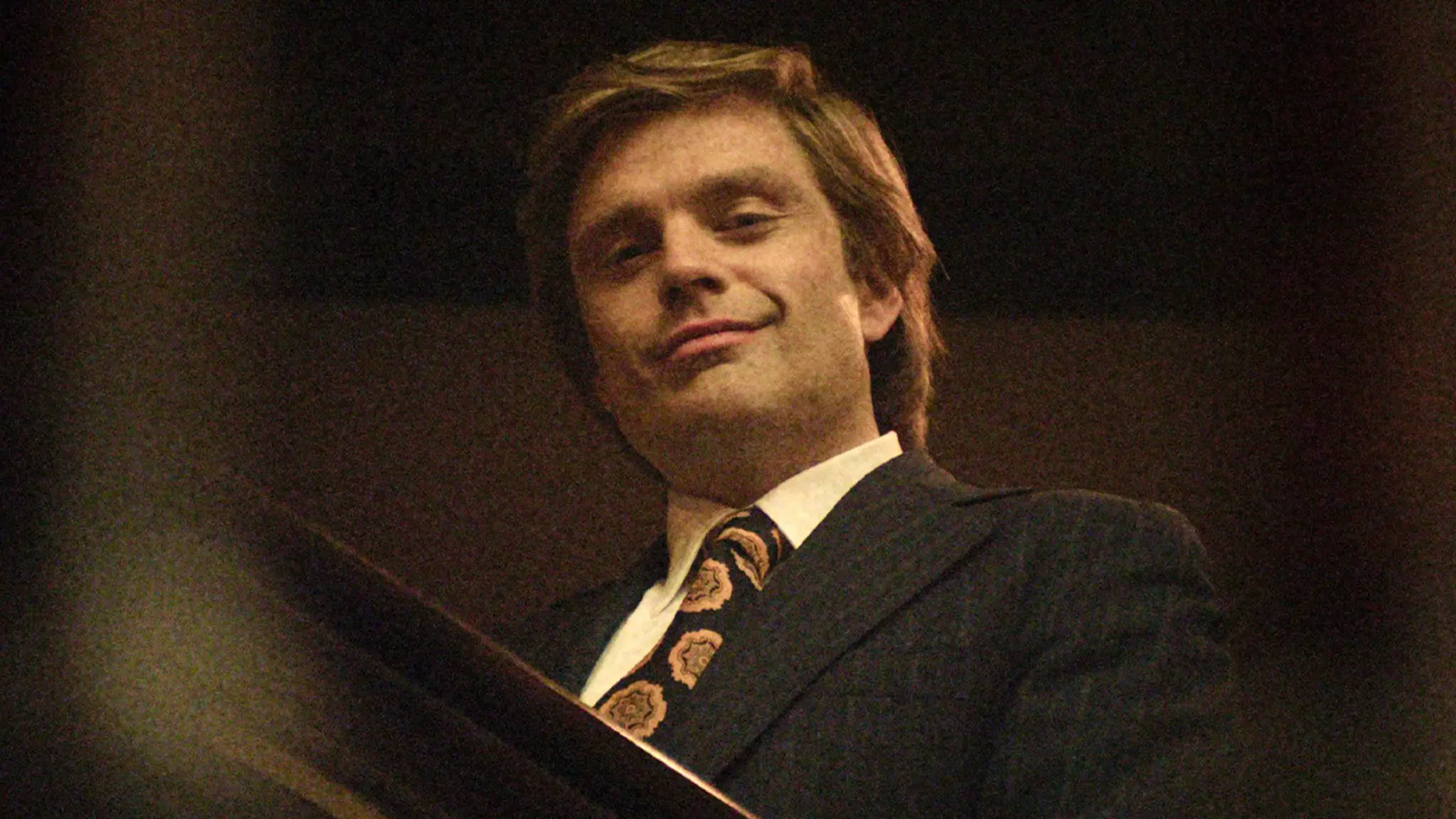Sebastian Stan’s recent nomination for Best Actor at the Oscars has turned heads, especially given the controversial nature of his role as a young Donald Trump in the biopic “The Apprentice.” While Oscar nominations often provoke a mix of excitement and debate within the film industry, Stan’s situation is particularly charged. The film faced significant backlash, not merely from audiences but directly from the former president himself, who took to social media to denounce the project as “fake” and “classless.” Such public criticism from a figure as polarizing as Trump adds layers of intrigue to Stan’s recognition, forcing viewers and critics alike to grapple with the film’s implications amid a politically charged environment.
Despite its frosty reception from both the subject of its portrayal and various critics, “The Apprentice” has surprisingly performed well at the box office, grossing over $17 million and surpassing its original budget. This financial success contrasts dramatically with the film’s critical reviews, prompting questions about audiences’ motivations. Are viewers drawn to the film out of curiosity or duty, amidst the turbulent political landscape? The juxtaposition of the accolades and the criticism reflects a broader cultural dialogue concerning the blending of entertainment and politics. It compels one to consider if controversial narratives can, in fact, lead to commercial success despite the backlash.
Adding to the intrigue, Stan’s performance, while lauded enough to secure an Oscar nomination, was overshadowed by his acknowledgment at the Golden Globes for another project, “A Different Man.” This dichotomy highlights a complex layer of recognition within the film industry, where an actor’s talent can resonate differently depending on the project. The fact that his award-winning performance is not tied to the very film that has riled political feathers suggests a significant disconnect between critical accolades and popular sentiment. Will this duality affect the public’s perception of him?
As Stan navigates the landscape leading up to the Oscars, his road to potential victory is fraught with formidable opposition. He faces prominent nominees such as Adrien Brody in “The Brutalist,” Timothée Chalamet in “A Complete Unknown,” Colman Domingo in “Sing Sing,” and Ralph Fiennes in “Conclave.” Each of these actors carries heavy acclaim and distinctive cinematic narratives, suggesting that Stan’s journey to the podium will be anything but straightforward. The presence of such talented peers outlines the difficulty inherent in any awards race where the story and reception of the film also play a significant role.
As the Oscar ceremony approaches, it is essential to reflect on how the narratives surrounding “The Apprentice” and Stan’s performance will evolve. The ongoing conversation about the role of art in reflecting society—and perhaps even shaping it—remains pivotal. This Oscar nomination is not simply a personal accolade for Stan; it represents the intersection of art, politics, and public discourse. With every twist and turn in the lead-up to the awards ceremony, this case illustrates how intertwined these spheres can become in a contemporary setting. Whether Stan can translate this nomination into a win remains uncertain, but one thing is clear: the dialogues it instigates forge a new path for understanding the implications of performance in politically laden narratives.

